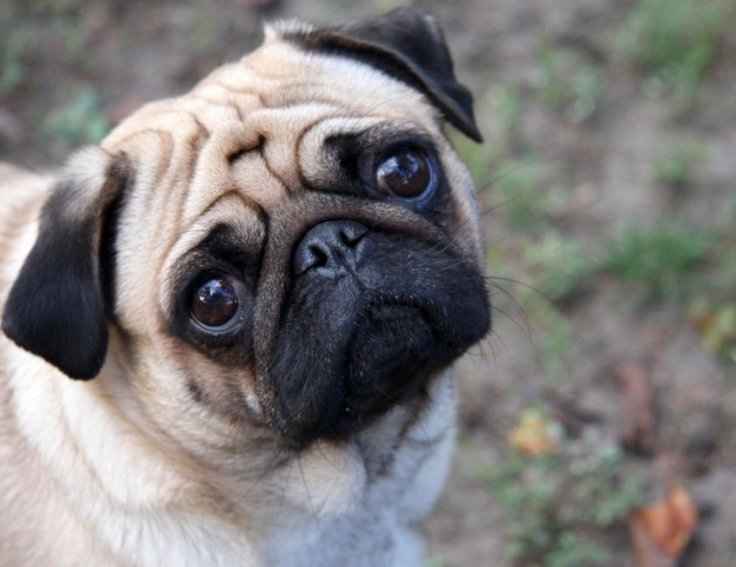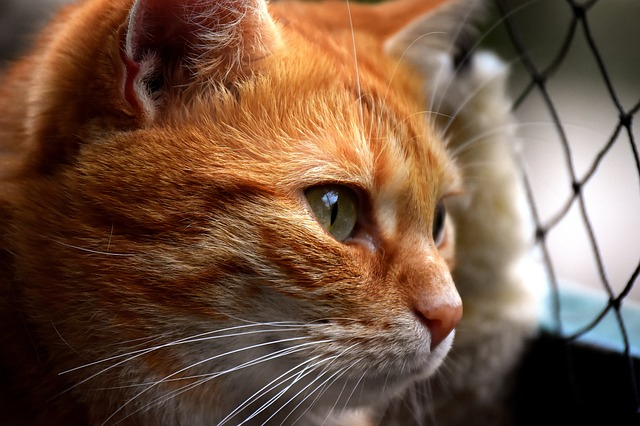After wild big cats and pet cats in New York became the first animals of their kind to catch the coronavirus in the US, Winston, the pug, becomes the first known dog to contract the disease in the country.
The dog from Chapel Hill, North Carolina, tested positive for COVID-19, just like the father, mother and son in his adoptive family did before him. His infection status was learned during a study by Duke University, known as the Molecular and Epidemiological Study of Suspected Infection (MESSI), that the McLean family was a part of.
"(The dog) licks all of our dinner plates and sleeps in my mom's bed, and we're the ones who put our faces into his face. So, it makes sense that he got (coronavirus)," said Ben McLean, the son, told WRAL-TV.
Showed mild symptoms
Heather McLean, the mother, is a pediatrician at Duke, said that the Pug had been exhibiting mild symptoms. "Pugs are a little unusual in that they cough and sneeze in a very strange way. So it almost seems like he was gagging, and there was one day when he didn't want to eat his breakfast," she explained. "If you know pugs you know they love to eat, so that seemed very unusual."

Unlike his other four-legged McLean siblings — a dog and a cat — who were also tested for the infection, only Winston was found to have it. The family also has a pet lizard, which was not tested. Dr. Chris Woods, the principal investigator of the study, said this could very well be first known case of COVID-19 in a dog in the US
Part of the study
Researchers from the study visited the family to collect blood and swab samples on April 1. "For the humans, they swabbed our noses as well as our mouths, and for the animals they did oral swabs for both dogs and the cat," the McLeans said.
Sydney, the McLean's daughter, however, did not test positive for COVID-19. While Winston did catch the infection, he was only sick for a few days and is recovering well. Asking people not to be worried about pets getting infected, Heather said: "Hopefully we'll learn more through the research study, and I think because there's not a lot of studies and sampling pets, we just don't know yet."

CDC offers guidelines to protect pets
Last week, it was reported that two pet cats from New York had tested positive for COVID-19. Only a few days before that, the CDC issued guidelines for pet owners to follow.
It said that pets must be treated like any other member of the family and their interaction with outsiders or other animals outside must be avoided. "If a person inside the household becomes sick, isolate that person from everyone else, including pets," the CDC said.
It also added that social distancing must apply even to pets if one is confirmed or suspected to have the disease. "Avoid contact with your pet including, petting, snuggling, being kissed or licked, and sharing food or bedding," the CDC recommended.









